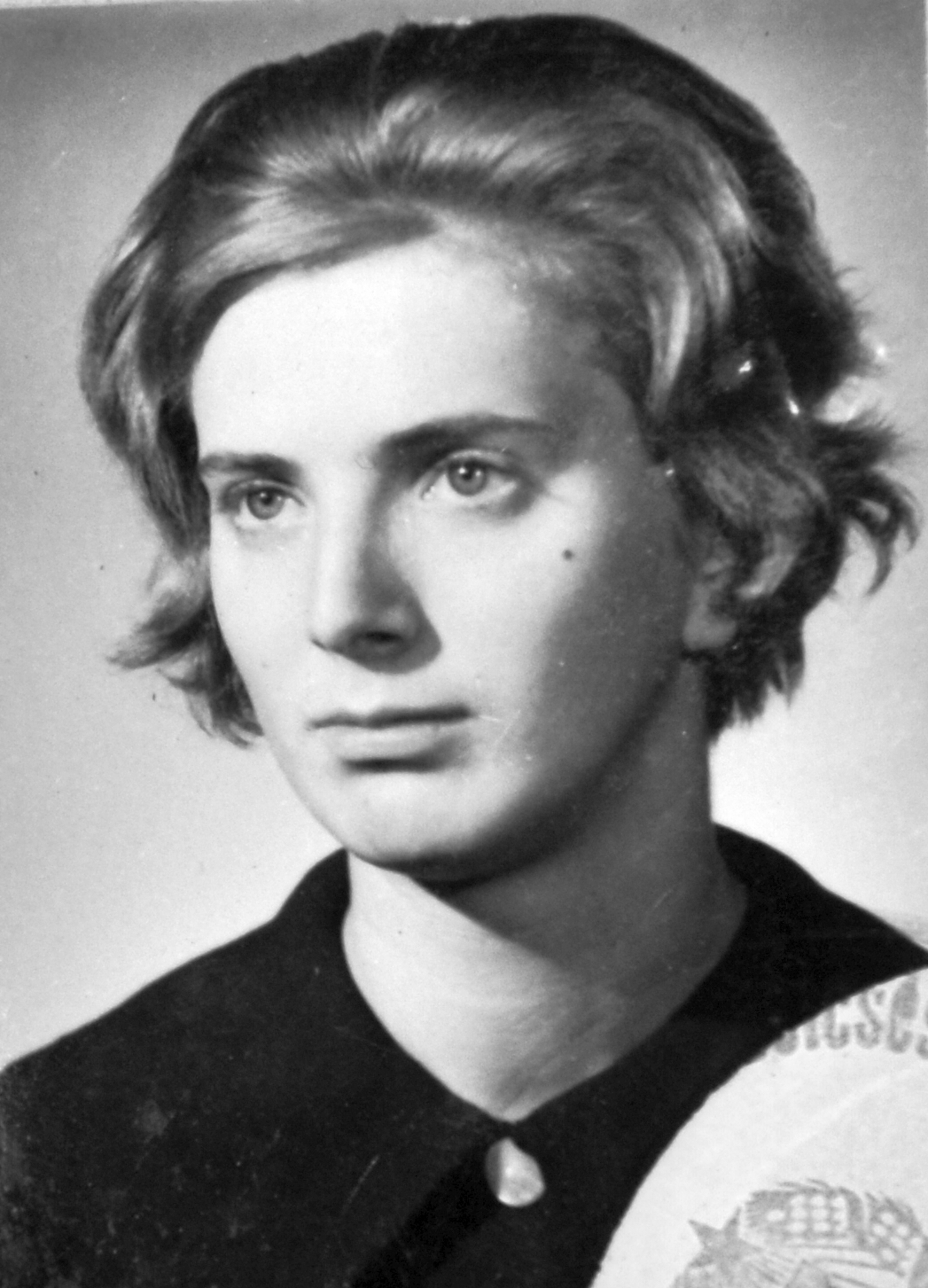We decided to protest against the occupation of Czechoslovakia in 1968 but three scapegrace assistants inhibited the university staff from returning thanks for the repression of the Czech „counter-revolution”.

Stáhnout obrázek
She was born on January 14, 1944 in Budapest. In 1956 she eyewitnessed several events of the Hungarian revolution together with her father. She began her secondary studies in 1957 in a secondary school where also the philosopher Ágnes Heller was forced to teach as a part of a party punishment. She graduated in 1962. Between 1962 and 1967 she studied at the department of philosophy of the Faculty of Arts of Loránd Eötvös University where one of her professors, the Marxist philosopher György Márkus had a decisive impact on her future academic carrier. She joined the communist Hungarian Socialist Workers‘ Party in 1968 and as a member of the party she protested in public against the occupation of Czechoslovakia in 1968. In the meantime she got her university degree in 1967 and she was assistant lecturer in a university research team set up for studying religious philosophy. She became research fellow at the Institute for Philosophy of the Hungarian Academy of Sciences in 1969. She got her PhD degree in 1972 with her thesis „From the philosophical discussions of the French enlightment to the ideological struggles of the French revolution“. In the following year she sent back her party register card and she quitted the state-party exclaiming against the dismissals of the philosophers György Márkus, János Kis, György Bence, Mihály Vajda, Ágnes Heller and the sociologist Mária Márkus. She was employed by ELTE but she was forbidden to teach. Between 1975 and 1990 she was the editor of a few philosophical writings. She has studied the moral philosophy of the English and French enlightment as well as the classics of liberalism and the history of the French political catholicism. She was one of those who signed petitions against the imprisonment of Czech intellectuals of the Charta movement in 1977 and in 1979. She became Doctor of Science in 1986. She‘s been professor of philosophy at the Philosophy Departmet of the Faculty of Arts of ELTE since 1990. She lectures on 17th and 18th century philosophy, classical moral philosophy and political philosophy. In 2004 she was decorated with Széchenyi Award for her academic record.












